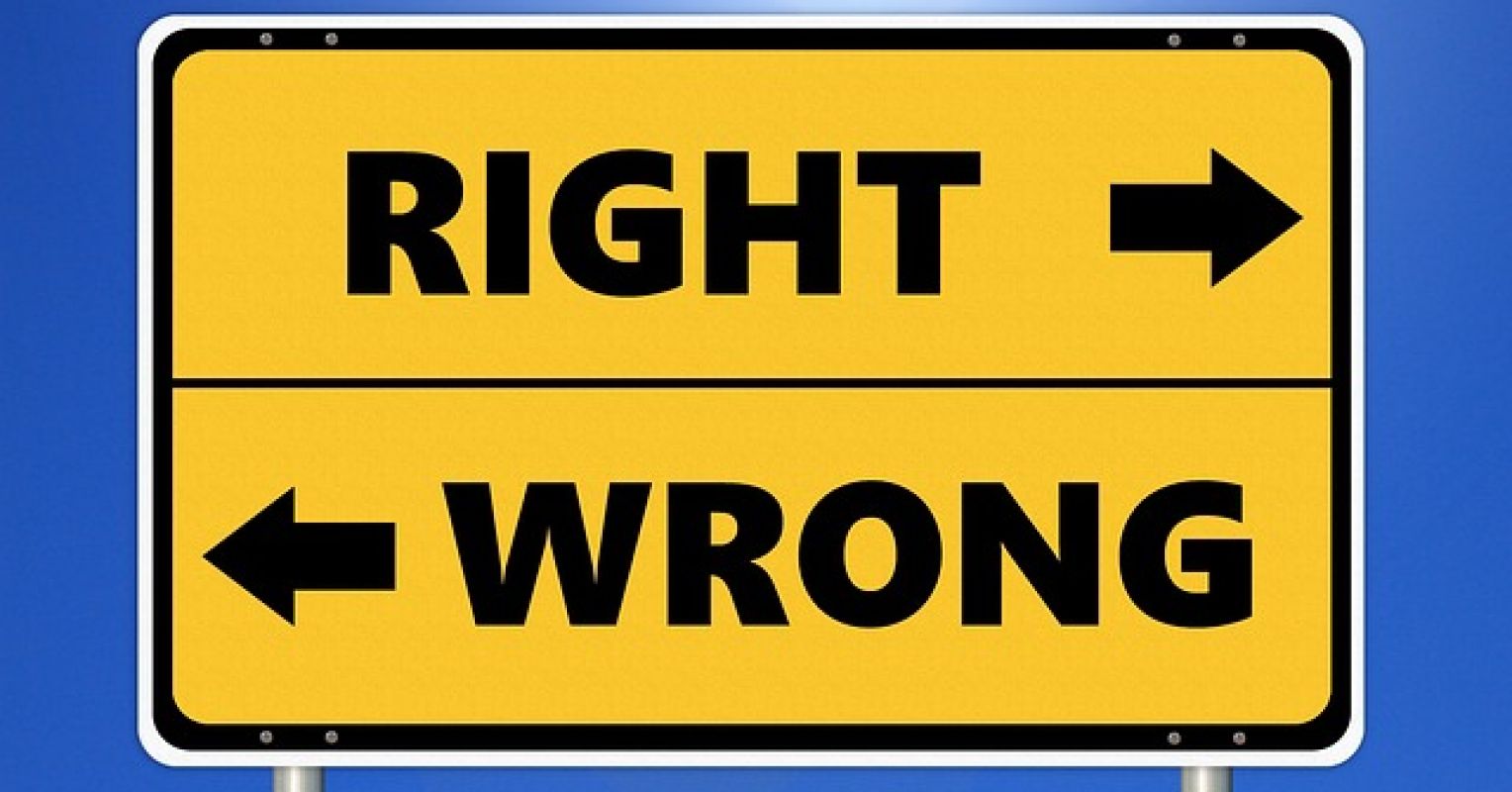In today’s complex political climate, it’s easy to feel torn between two sides of a political issue—you support the spirit of a policy, but you’re uneasy about how it’s implemented. Or perhaps you’ve taken a position that feels morally justified yet simultaneously unfair in another context. This uncomfortable reality is a moral contradiction, a deeply human experience that psychology can help us understand. But let’s borrow a famous thought experiment from physics made famous by the television show, The Big Bang Theory—Schrödinger’s Cat.
Living in the Gray: The Cat in the Box
In 1935, physicist Erwin Schrödinger introduced a thought experiment to illustrate quantum superposition—a principle in which a particle exists in multiple states until observed (Schrödinger, 1935). He imagined placing a cat in a sealed box with a radioactive atom, a Geiger counter, and a vial of poison. If the atom decays, the counter triggers the poison, and the cat dies. If not, the cat lives.
According to quantum theory, until the box is opened, the cat is both alive and dead. While Schrödinger intended this as a critique of quantum theory, it’s become a metaphor for ambiguous or paradoxical states—and it’s surprisingly relevant in today’s political and emotional life.
Moral Superposition in Politics
In psychology, we encounter similar paradoxes. A person can believe in individual responsibility and also in collective support. You can support a policy’s intent and question its impact. These are not contradictions—they’re examples of cognitive dissonance, the psychological tension we feel when holding two conflicting thoughts, beliefs, or emotions (Festinger, 1957).
Take, for example, student loan forgiveness in the United States. Many people agree that student debt is a significant burden, disproportionately affecting marginalized communities (Scott-Clayton, 2018). Forgiving loans could help level the playing field. But others question the fairness of relieving debt for some while others have already paid off theirs. Is loan forgiveness fair or unfair? Economically sound or risky? The answer might be—both.
Why This Is So Hard
We are wired for cognitive simplicity. Social psychology research has shown that humans tend to favor black-and-white thinking—what psychologists call dichotomous thinking—because it reduces mental load and creates a sense of certainty (Tversky & Kahneman, 1974). Yet, in real life, especially political and moral life, it rarely fits into neat categories.
Ambivalence—feeling two opposing emotions simultaneously—is not a sign of indecision. It’s often a marker of psychological maturity and moral complexity (Barrett, 2017). The discomfort we feel in the presence of moral ambiguity isn’t something to avoid—it’s something to notice, explore, and even respect.
The “Both-And” Mindset
Therapeutic approaches such as Dialectical Behavior Therapy (DBT) emphasize the concept that two seemingly opposite truths can coexist. Individuals are encouraged to replace “either/or” thinking with “both-and” perspectives (Linehan, 2014). For example:
“I support public assistance programs,” and “I believe people should be self-sufficient.”
“I feel hopeful about this legislation,” and “I’m worried about unintended consequences.”
This duality isn’t a weakness. It’s an essential part of critical thinking and emotional balance.
A Psychological Guide to Navigating Contradiction
If you’re struggling to make sense of complex political issues that feel simultaneously right and wrong, here are a few strategies:
Acknowledge the tension. Admitting that you feel conflicted is the first step toward psychological clarity. Ambivalence is common in ethical decision-making (Oster, 2020).
Shift from judgment to curiosity. Ask yourself—“What values are in tension here?” or “What would someone with a different experience see that I might not?”
Use “both-and” language. Instead of choosing one side, acknowledge the merits and concerns of each. This reframing reduces internal conflict and opens space for dialogue.
Focus on impact, not purity. It’s tempting to seek a “perfect” stance, but real-world decisions often require compromise. Consider outcomes over ideals.
Practice emotional flexibility. Like the cat in Schrödinger’s box, your thoughts can hold multiple “truths” until you open the box and explore them with intention.
We Are All Schrödinger’s Cat
In our personal and political lives, we are constantly navigating paradoxes. We are parents and professionals. We are voters and skeptics. We are hopeful and disillusioned—often at the same time. Just like Schrödinger’s cat exists in a dual state until the box is opened, we, too, can live in moral superposition.
Holding opposing truths doesn’t make you inconsistent—it makes you human! Rather than rushing to resolve every internal contradiction, we might find wisdom in sitting with them. As citizens, thinkers, and compassionate people, our strength lies not in our certainty but in our capacity to hold complexity.
